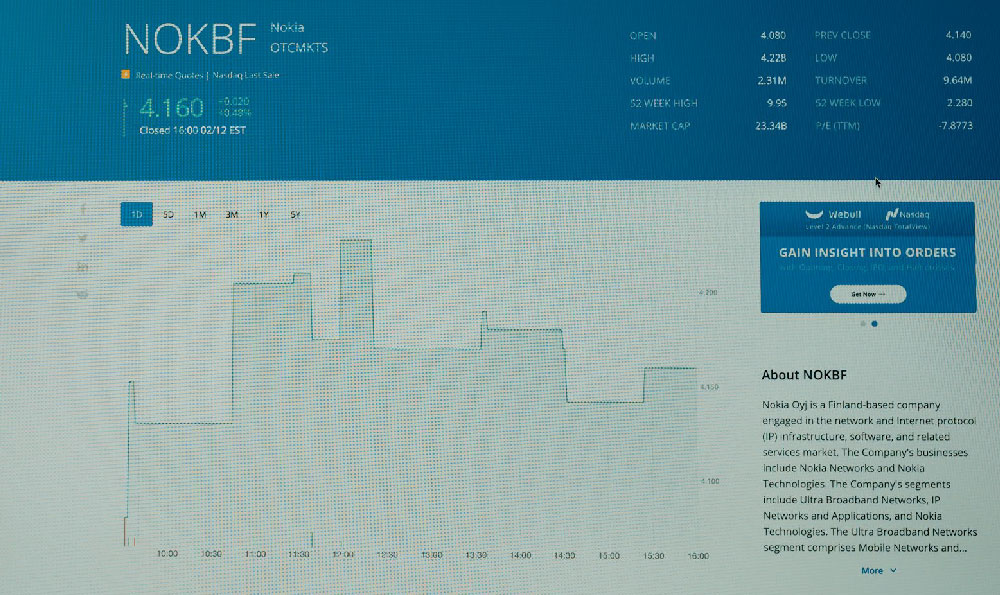The question of how much revenue casinos generate daily is not only a matter of curiosity for the gambling industry but also a critical metric for investors, policymakers, and economists seeking to understand the broader implications of gaming on global finance. To grasp this figure, one must delve into the multifaceted nature of casino operations, the regional disparities in gaming markets, and the factors that influence their financial performance. At its core, casino revenue is driven by a combination of player spending, strategic investments in infrastructure and technology, and the ability to adapt to shifting consumer behaviors and regulatory landscapes. The numbers reflect a dynamic sector where traditional brick-and-mortar establishments coexist with the rise of online gambling platforms, each contributing uniquely to the overall economic impact. For instance, the average daily revenue for a large Las Vegas casino might range between $3 million and $5 million, yet this is just one snapshot within a much broader global panorama. In contrast, a smaller regional casino in Southeast Asia could generate significantly less, while a high-stakes gambling hub like Macau might see daily earnings that dwarf even the largest American casinos. Understanding these variations requires a closer look at the different drivers of revenue, the structural differences between markets, and the economic forces at play.
Casino revenue is often closely tied to macroeconomic trends, with local and global economic conditions playing a pivotal role in dictating the flow of money into gaming venues. During periods of economic prosperity, players tend to have more disposable income, which translates into higher bets and increased spending at casinos. Conversely, during economic downturns, the sector may experience a decline as consumers cut back on entertainment expenditures. This cyclical nature is evident in the historical data of gaming markets, where periods of growth followed by contractions have occurred in tandem with broader financial cycles. For example, the European market, particularly in countries like the UK and France, saw a surge in casino revenue during the early 2010s as tourism grew and regulatory reforms allowed for expanded gambling options. However, this trend was partially reversed during the 2020 pandemic, which forced many casinos to close temporarily, leading to a sharp drop in daily earnings. The recovery post-pandemic has been gradual, with some markets rebounding more quickly than others, highlighting the volatility inherent in the industry.
Beyond economic factors, the operational strategies of casinos also significantly influence their daily revenue. Traditional casinos in jurisdictions like Nevada are heavily reliant on slot machines, table games, and high-end entertainment venues that attract tourists and local gamblers. These establishments often invest in infrastructure such as hotel amenities, dining options, and live shows to create an alluring environment that extends the duration of a visitor’s stay. The integration of technology, such as advanced gaming systems and data analytics, has further enhanced the ability of casinos to optimize player engagement and maximize profits. In contrast, online gambling platforms operate on a different scale, where daily revenue is often tied to the number of active users, the volume of transactions, and the efficiency of digital systems in processing bets and payouts. Emerging technologies like blockchain and cryptocurrencies are also beginning to reshape the revenue dynamics of the industry, offering new avenues for transparency, security, and financial growth.

The geographical diversity of the gaming industry adds another layer to the analysis of daily revenue. In Macau, known as the "Las Vegas of Asia," the daily earnings can exceed $10 million, driven by the region’s status as a premier destination for high-stakes gambling. This is in stark contrast to the smaller, more regulated markets in countries like Japan or South Korea, where daily revenues may hover around a fraction of that figure. Meanwhile, in the United States, the rise of sports betting and poker games has introduced new revenue streams that complement traditional forms of gambling. These developments underscore the importance of understanding the specific economic and regulatory contexts of each gaming market, as they directly impact the financial performance of casinos.
The ongoing evolution of the gaming industry also means that daily revenue figures are increasingly influenced by digital innovation and shifting consumer preferences. The integration of mobile gaming, live-streaming technologies, and virtual reality experiences has expanded the reach of casinos beyond physical locations, allowing them to tap into a global audience. This shift has contributed to the ability of some online platforms to generate substantial daily revenues, often rivaling those of traditional casinos. Additionally, the rise of responsible gambling initiatives and increased regulatory scrutiny has prompted casinos to adjust their strategies, balancing profitability with player welfare. As a result, the daily revenue of casinos is no longer a static number but a fluid metric that reflects the intersection of technology, economics, and social responsibility.
Ultimately, the daily revenue of casinos is a complex indicator that requires a nuanced understanding of the global gaming landscape. While it is tempting to focus solely on the magnitude of these figures, the deeper story lies in the interplay of economic, technological, and regulatory forces that shape the industry. For investors, this means that casino revenues are not just a measure of profitability but also a barometer of market health and adaptability. As the gaming industry continues to evolve, the daily revenue of casinos will remain a key metric for tracking its growth, resilience, and future potential.












